Articles containing: relationships
Supporting Youth in a World Riddled by Conflict
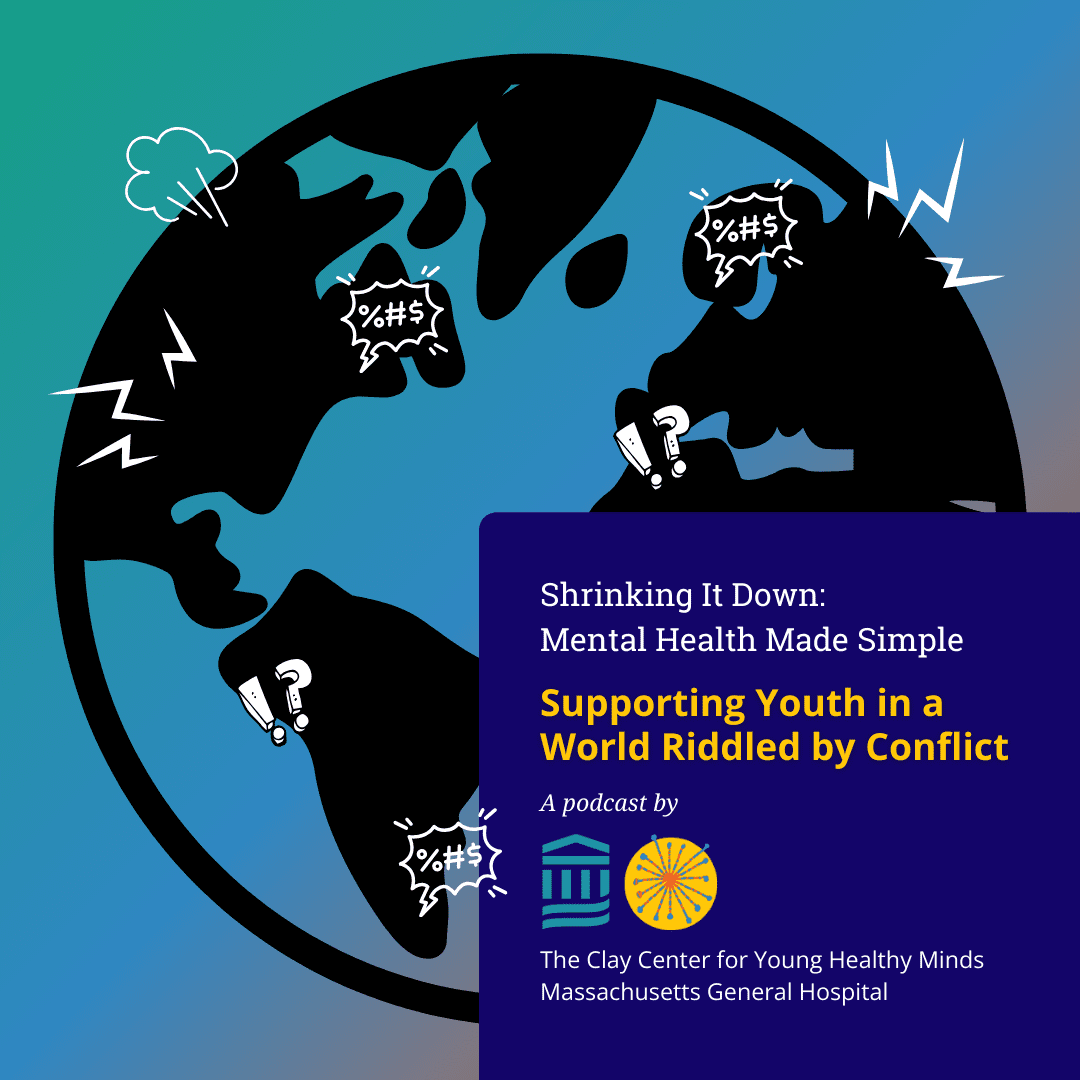
Let’s be honest, we’re all stressed.
We’re stressed about climate change, world crises, the upcoming election, or even just the common stressors of everyday life: economic pressures, relationship issues, burnout, you name it. So, with all stress, our conversations can easily become more uncivilized.
The Positive Value of Conflict Resolution
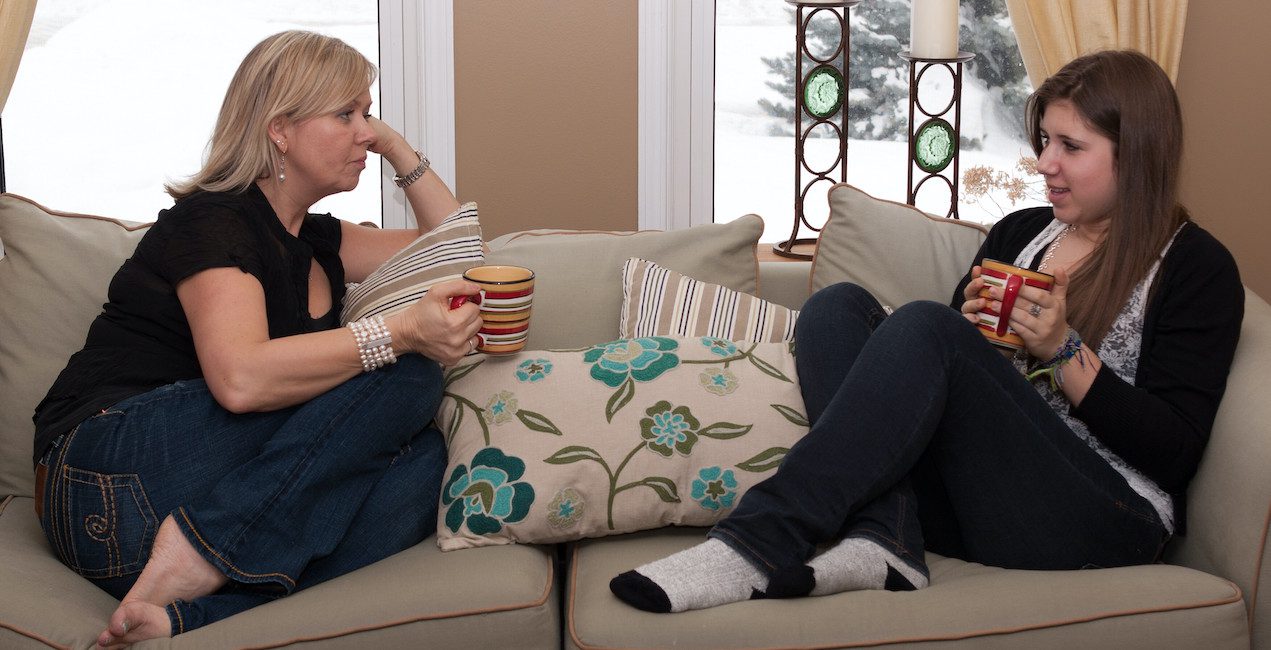
Are you an educator? You may be interested in our Conflict Resolution Curriculum for students. Learn more here.
Conflict is a natural part of our lives. We inevitably have disagreements with others from time to time in our values, beliefs, behavior, and much more.
How Do We Heal From Here? A Guide for Families and Our Nation
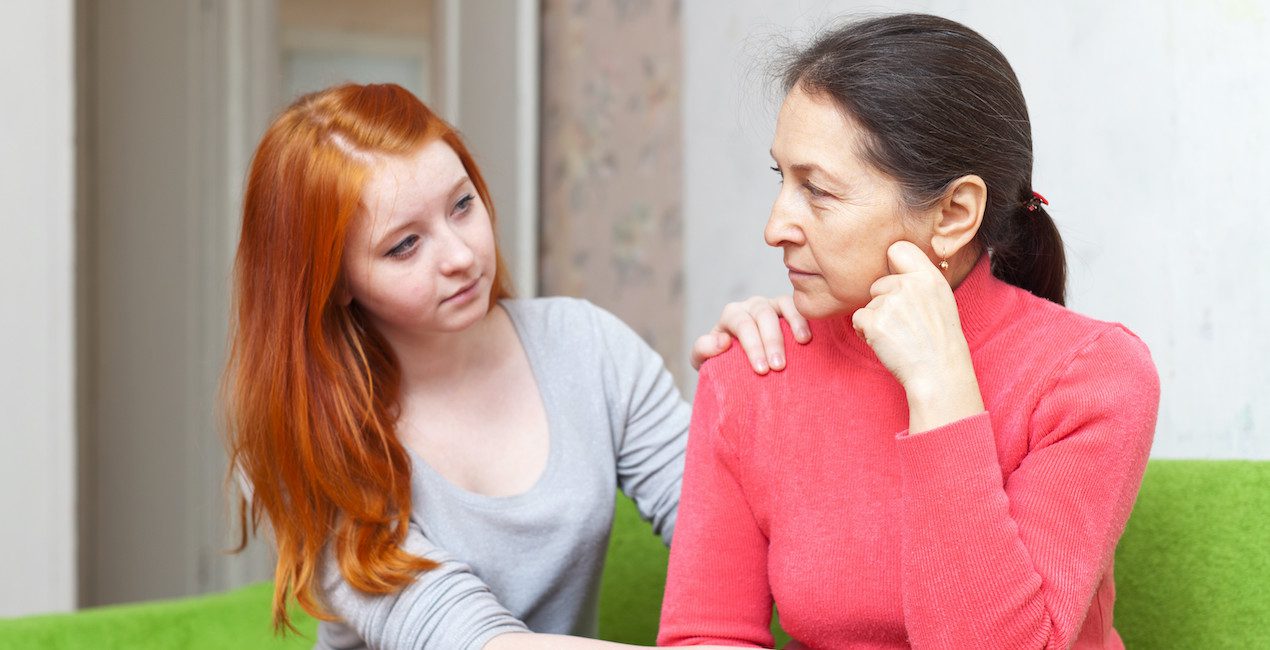
I cannot think of a time in recent history when our nation was more polarized, and resentment and anger so pervasive. One thing we know, though, is that our kids and teens are watching, picking up on, and asking questions about the intensity of it all. There are calls for unity and healing almost everywhere we turn.
Teen Breakup Violence, Part 1 – Shrinking It Down
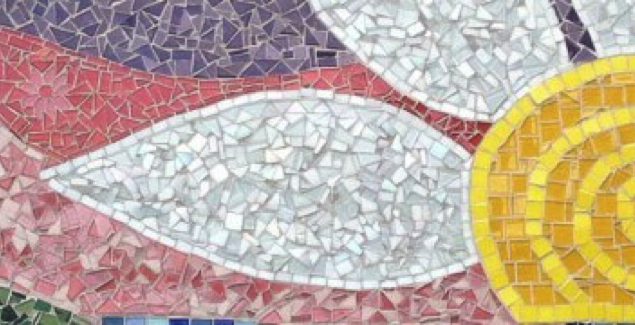
Content Warning: This episode is the first in a two-part series on teen relationship violence. It may be difficult for some of our listeners.
Romantic relationships are a crucial part of life for teenagers.
How Do We Heal From Here? – Shrinking It Down
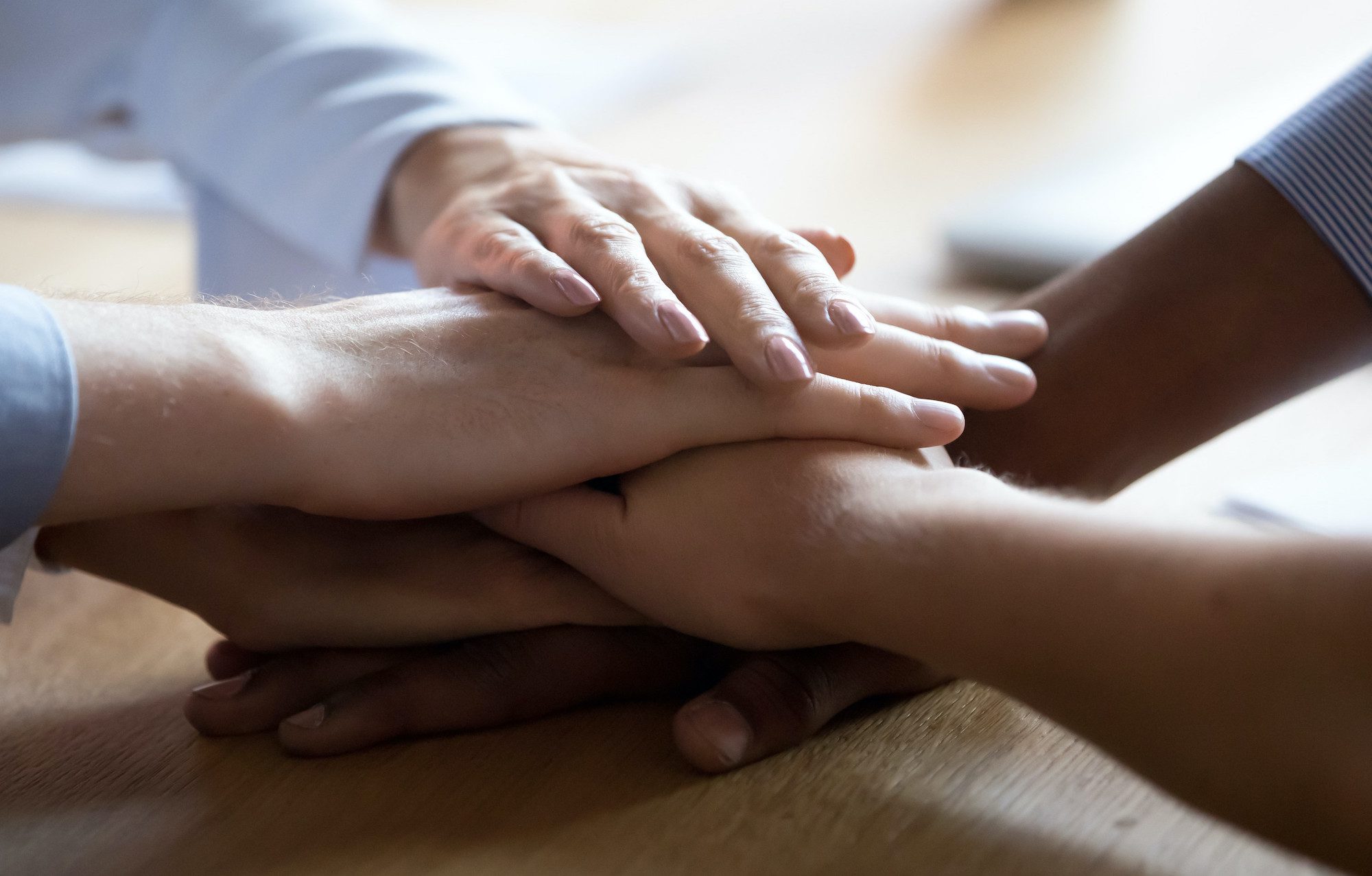
When the body is injured, it begins the healing process despite the ongoing physical injury. Our minds should be no different. Right now – amidst a pandemic, economic strain, political tension, rising mental illness, and more – we are desperately in need of emotional healing, despite the many challenges ahead.
How to Talk With Grandparents About Kids’ Mental and Emotional Health
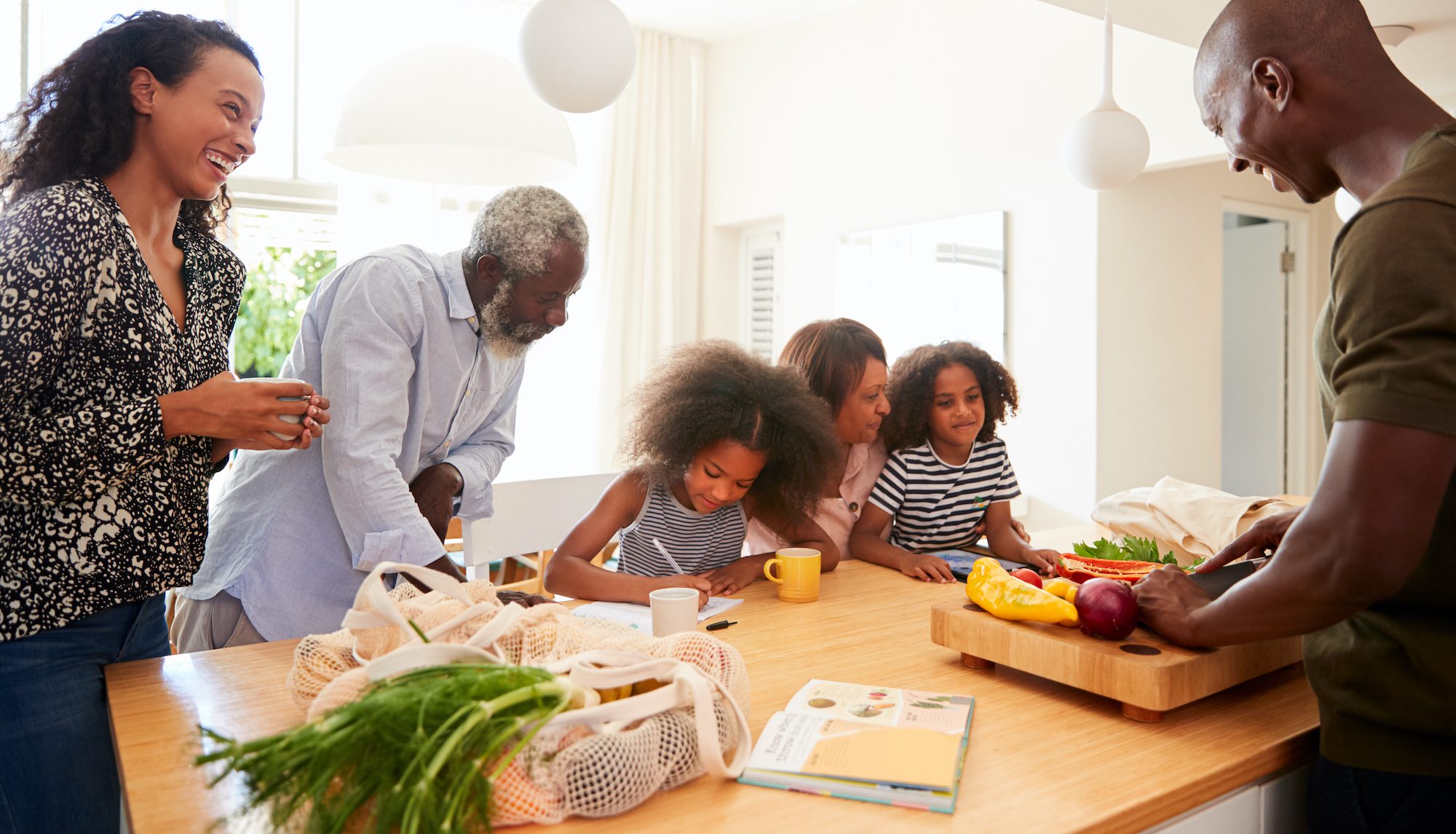
Many parents rely on others to help care for their kids, and grandparents often play an important role in taking over for parents during the work week, on weekends, or over holidays.
The Value of Being a Grandparent: 7 Ways to Support Your Grandchild’s Mental Health
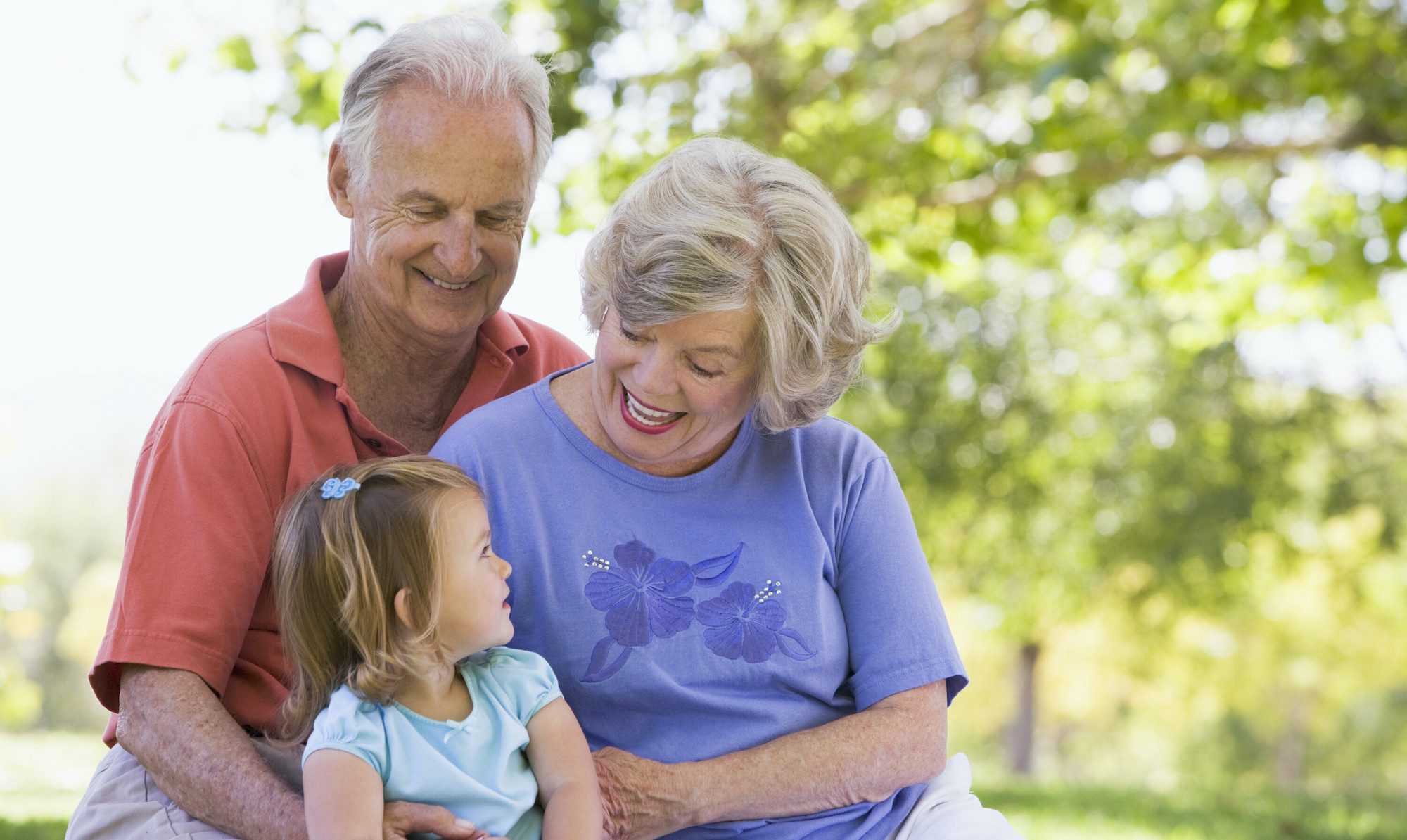
I’ve reached the age of becoming a grandparent. So have many of my friends.
There’s something quite special about this experience.
How to Help Young People Cope With Grief and Loss During COVID-19

Este artículo está disponible en español.
The novel coronavirus pandemic has posed a novel way of life for all of us. Beyond concerns about contagion, prevention, or slowing down its spread, and fears of illness and access to healthcare, one thing is clear.
What’s Ahead for Your Child on the Autism Spectrum?
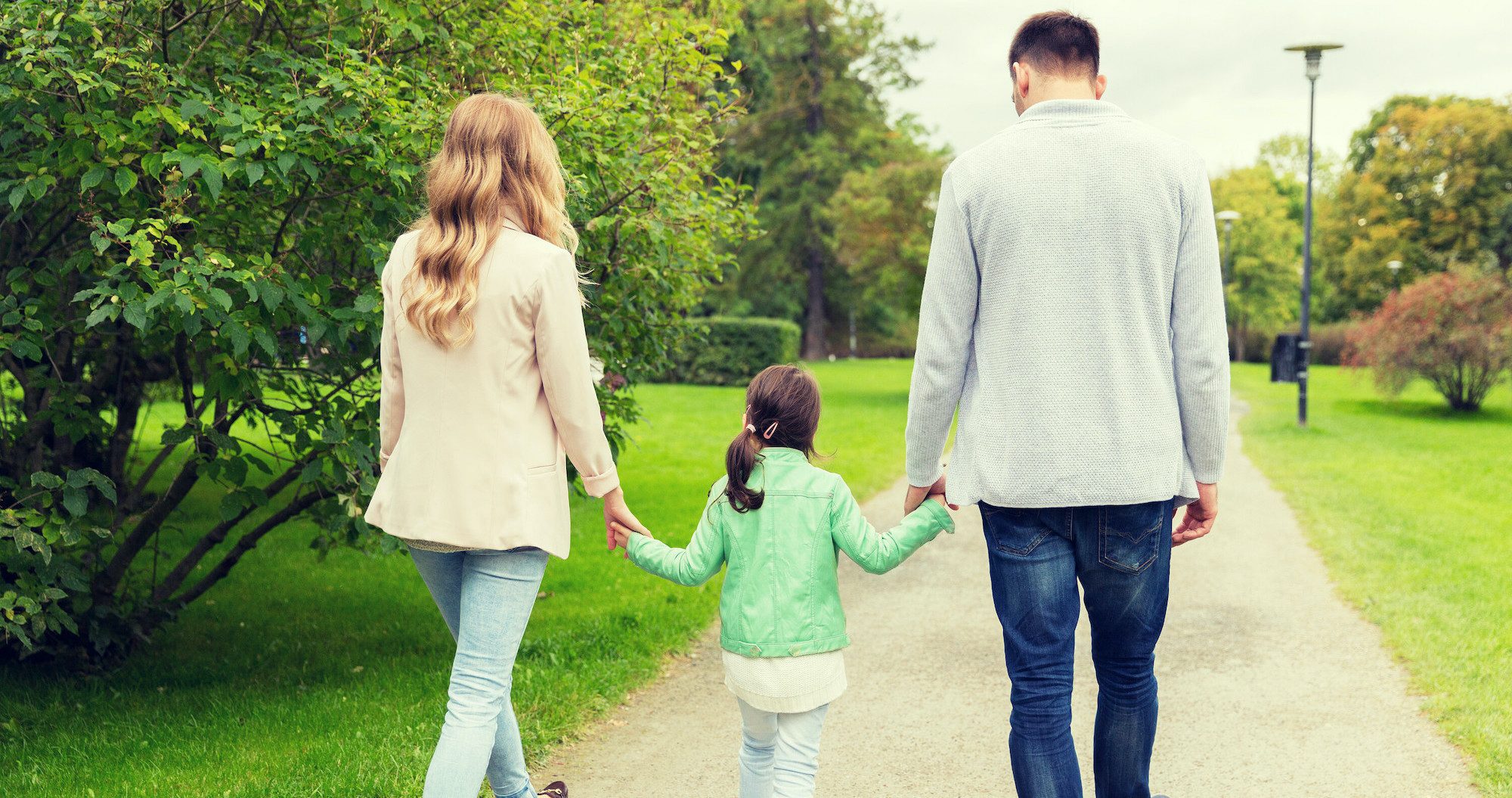
Perhaps the most pressing concern for parents who have a child with autism or a similar developmental issue is “What does the future hold?”
We don’t have a crystal ball. If we did, joining the circus and traveling the world telling fortunes might prove to be a more helpful career than academic medicine.
When Young People Lose a Hero to a Tragic Death

Most of us, young and old, were stunned by the tragic death of Kobe Bryant along with his daughter. Whether you are a Laker’s fan or not, Kobe represented something more, including for young people.
Tom Brady said it this way in a Twitter statement:
“And in this tragedy, I have learned so much.



